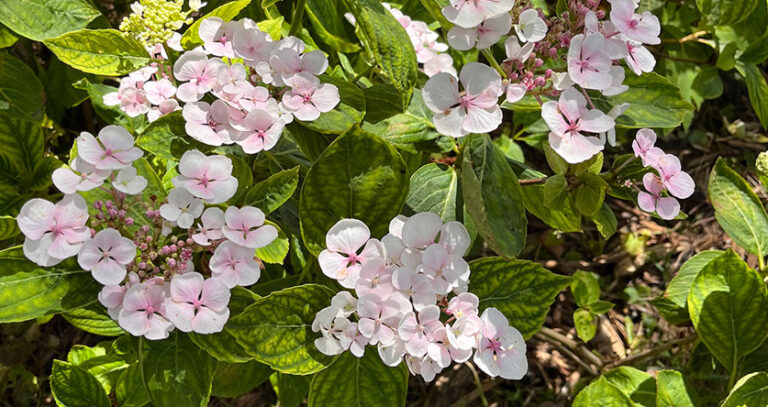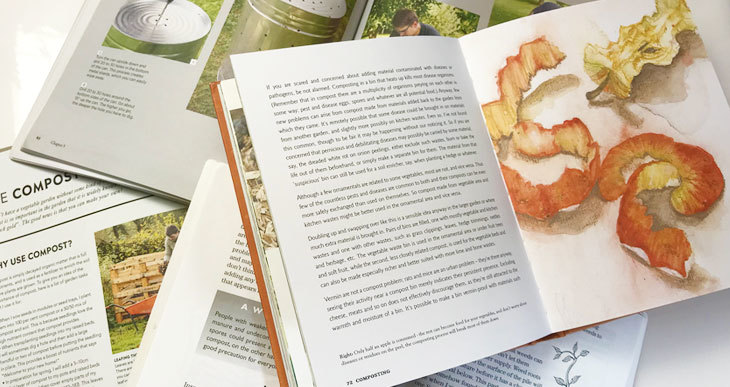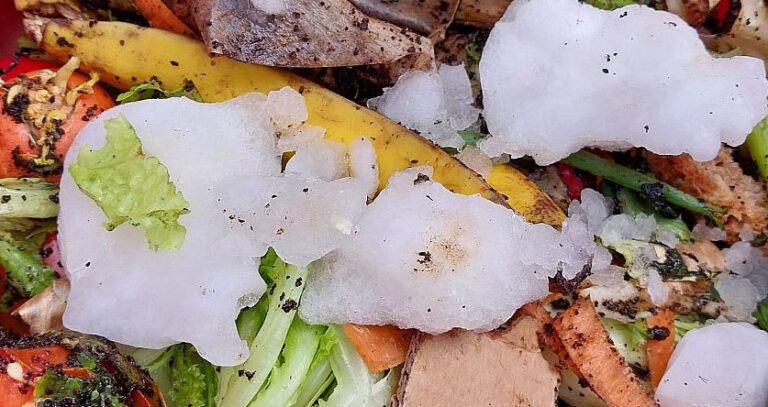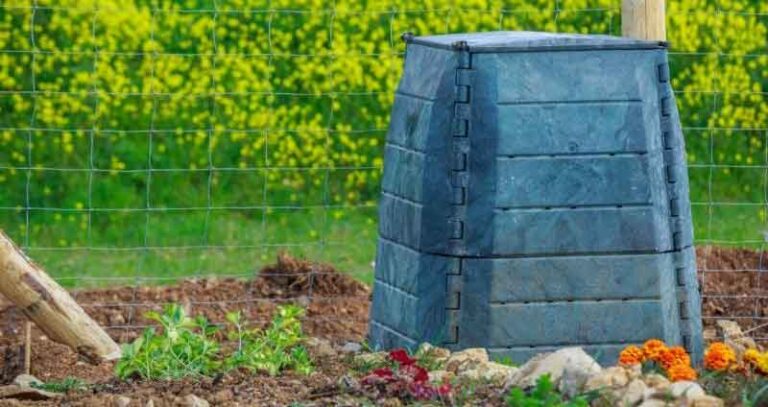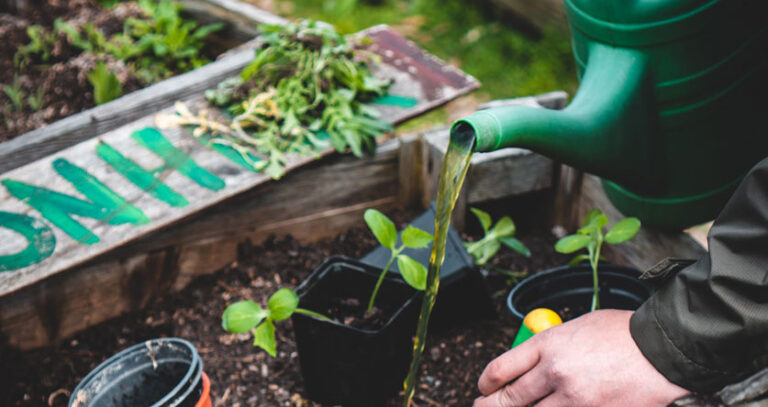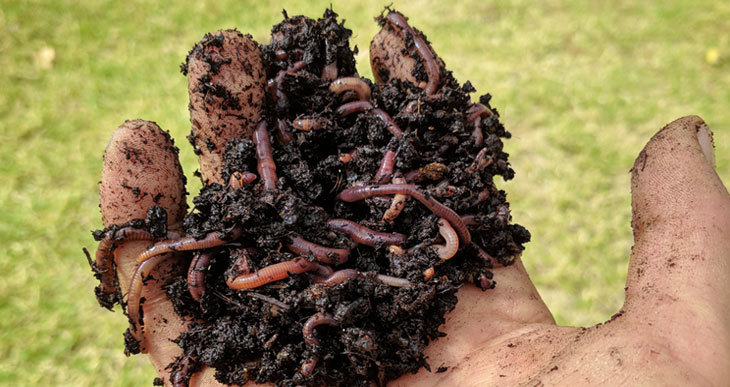How To Store Compost (Best Methods for Long Lasting Results)
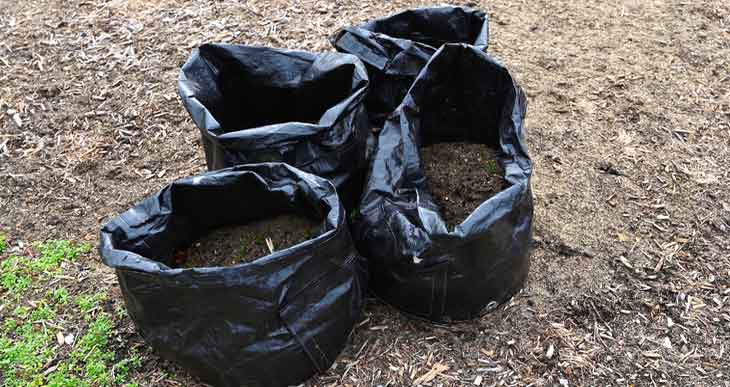
Whether you make your own homegrown compost or get store-bought compost, at some point, you will need to store it for later use.
Compost is a continually decomposing product, giving it finite shelf life. Imagine going to the effort of making all that wonderful compost, only for it to become useless!
But storing it correctly will help keep your compost viable for longer, ready to feed your plants when they need it!
In this article, I’ll tell you everything you need to know about storing compost the right way.
How To Store Finished Compost
The key to successfully storing finished compost for later use is to prevent the compost from drying out. The best method to achieve this will depend on whether you made the compost yourself, your available space, or if you bought the compost from a store.
Compost is a living resource that needs certain conditions for keeping the cycle of life operating in the environment. This promotes healthy compost that will offer nutrient-rich food to your plants rather than simply adding improved drainage!
The microbes and other tiny critters responsible for the decomposition of the organic matter are still at work in the finished compost.
Yes… The process may slow down, but the organisms are still alive and active for a long time.
The continued life of these organisms in the compost keeps the decomposition process going, breaking down the woodier components in the compost. If the compost is not stored in the right conditions, the environment in the compost pile will change, and the microbes will die, halting the process.
The biggest contributor to the microbes dying is when the compost:
- becomes too hot
- or too dry.
Keeping the compost in a shaded area and keeping it moist will extend the life of the compost.
The best methods for storing compost are determined by several factors:
- How the compost was made.
- Where you will be keeping the compost.
- How long do you need to store it?
Best way to store compost
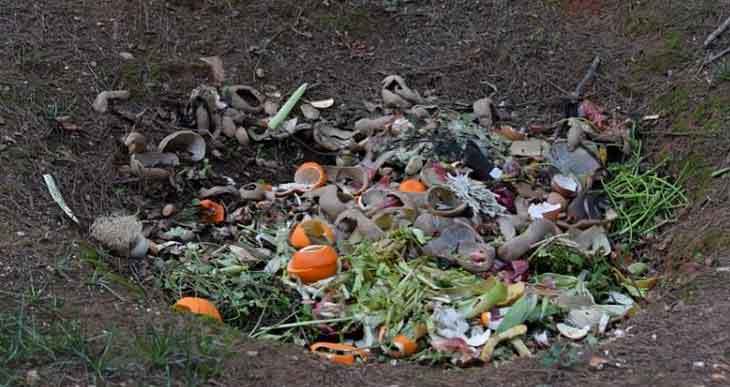
Perhaps the best method for storing compost is to bury it in the ground. This has several advantages.
How long compost lasts depends on its quality, which can diminish over time. The value of compost depends on its nutrient content and microbial activity (among other things). By burying it in the ground, it will potentially last longer.
Burying will prevent drying out and keep it from getting too hot. In addition, the microbial activity and other soil life in the soil help keep the compost active. And the worms will increase the nutrient content by leaving worm castings as they eat the compost.
Bury your compost in a pit, then dig it up when you need it. Or dig it into trenches in a garden bed, then leave it until the following growing season. Like this, the compost is already in place, and you have enriched soil ready for planting!
How To Store Compost Outdoors
If you make your own compost, there are several options available to you for storing your compost. Many people make compost in a pile outdoors if they have open space.
This compost-making method is probably the easiest to store since you can simply cover the pile with a piece of black, sturdy plastic or a tarp.
The covering for the compost pile will help retain moisture in a heap and protect it from being washed away or diluted by rainfall.
(Over time, persistent rainfall can also cause the nutrients in the compost to leach away).
If you don’t want to store your compost in the pile where you created it or have a compost tumbler you need to empty, you may need to consider other storage options
Compost Storage Bags
One convenient method of storing your compost is to pack it into compost storage bags. This method means you can keep your compost anywhere to better use your available storage space.
You can use plastic garbage bags to store your finished compost or use special bags that you can purchase from your local gardening store (something like this might do the trick – Amazon). The bags designed for compost storage will have aeration holes to allow the compost to breathe.
If you choose to go with the plastic bag storage option, ensure that you don’t close the bag too tight to prevent air exchange.
Once in the bags, you can store the compost in an area that will not be in direct sunlight. Ensure to check the compost’s moisture content in the bags periodically and give it a sprinkling of water in the bag if it is becoming too dry.
You can use a compost moisture meter like this one for easy monitoring.
How To Store Compost In The Winter
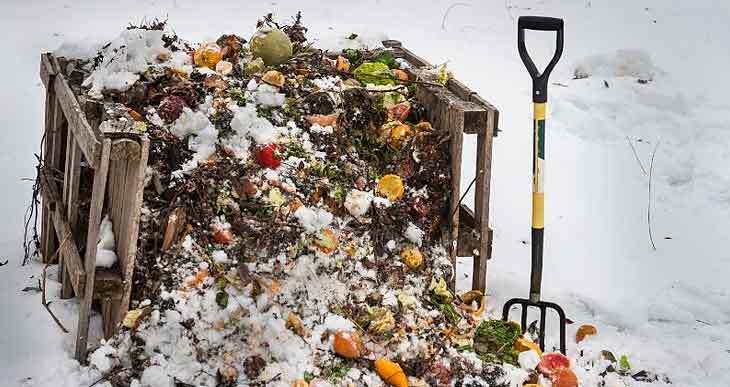
Storing compost through the winter is a good idea because you will have compost ready when spring’s planting season comes around again.
Suppose you live in an area where the temperatures drop below freezing. In that case, you will need to try and protect your compost from the icy conditions.
If you are storing your compost in a pile, make the heap bigger a few weeks before winter sets in. This will increase the insulation in the pile and generate more heat inside the waste materials as the microbes start to break it down. Also, keep the pile covered with a waterproof material, which will also help with heat retention.
Decomposition will slow down in the outer layers, and the microbes will migrate toward the warmer center of the compost pile.
If your compost is in bags, store them where they get some winter sun to keep them warm or store them in a garden shed if you have one. Double-bagging can also protect the compost in freezing conditions.
How To Store Shop-Bought Compost
Store-bought compost will generally come in a plastic bag with perforations at the top to promote air exchange. The compost will last for a long time in this packaging if you keep it out of the sun and it does not dry out.
If you are storing the compost for a few weeks, it would be best to cut the tops of the bags open to easily monitor the moisture in the bag. Use some clothes pegs to keep the bag closed to prevent evaporation or rain from getting into the bag.
How To Store Compost In The Kitchen
Some people make compost at home in indoor kitchen composters. But, how do you store the completed compost from your kitchen composter if you make compost this way?
Storing Compost In A Freezer

It is not a good practice to store completed compost in a freezer. The first reason is that it is not hygienic to keep compost with your food supply.
Secondly, the cold temperature will kill off the microbes responsible for the decomposition in the compost.
This is a question I’ve often heard people ask, but if you want to use a freezer for storage, it would be better to store your food scraps in the freezer for composting later.
In fact this is a excellent way to store kitchen scraps until you’re ready to put them in your compost! The big advantage is you avoid potential problems like flies or unpleasant odors.
This compost freezer bin is ideal for the job. (Amazon)
Countertop Compost Bin
Countertop compost bins can store compost in your kitchen, but they have a few limitations. They are generally relatively small and fill up with food scraps quite fast.
Once the countertop compost bin is full, you will either have to throw your food scraps away or freeze them until your compost bin is ready to receive more.
Another option is to use a larger container to empty your countertop compost bin into and store that container in a different location, such as outdoors, on your balcony, or similar out-of-the-way space.
How Long Does Compost Last
The nutrient value of compost will diminish the longer it is stored. This nutrient loss means that compost should be used as soon as possible once the composting process is complete.
While the compost can be stored indefinitely, you have a window of 3 to 4 months (half a year at most) to get the most benefit from the compost.
After this time frame, the nutrient value will diminish to the point that it will add little benefit to your plants other than increasing the drainage or aeration of the soil. In addition, the decomposition process will, at some point, also break down the nutrients contained in the mix if it is not used in good time.
What To Do With Extra Compost
Suppose you have compost leftover after your growing season. In that case, it is still a valuable resource for other applications in your garden.
You can use leftover compost in the following ways:
- Make compost tea. This will give you a liquid fertilizer that you can store for extended periods, use as a spray for your plants to feed them, or even as pest control.
- Start a new compost pile. The microbes in the leftover compost will act as a good starter if you add it to a new compost pile.
- Use it as mulch. A layer of mulch on top of your soil will improve moisture retention, reduce temperature fluctuations and offer nutrients to the plants as it breaks down further.
- Store the compost for use at a later date. We have already mentioned some storage methods to keep the compost in good condition for long-term storage.
- Give it away. Neighbors, friends, and family may welcome a donation of compost from your excess.
Conclusion
Compost should not be stored for years since it starts to degrade once the decomposing process has passed its peak.
Finished compost should be used within about 3 to 6 months maximum. Storing compost correctly is essential to maintaining the mix’s valuable nutrients and microbes. Store away from direct sunlight and ensure it does not dry out to extend the life of the compost.


